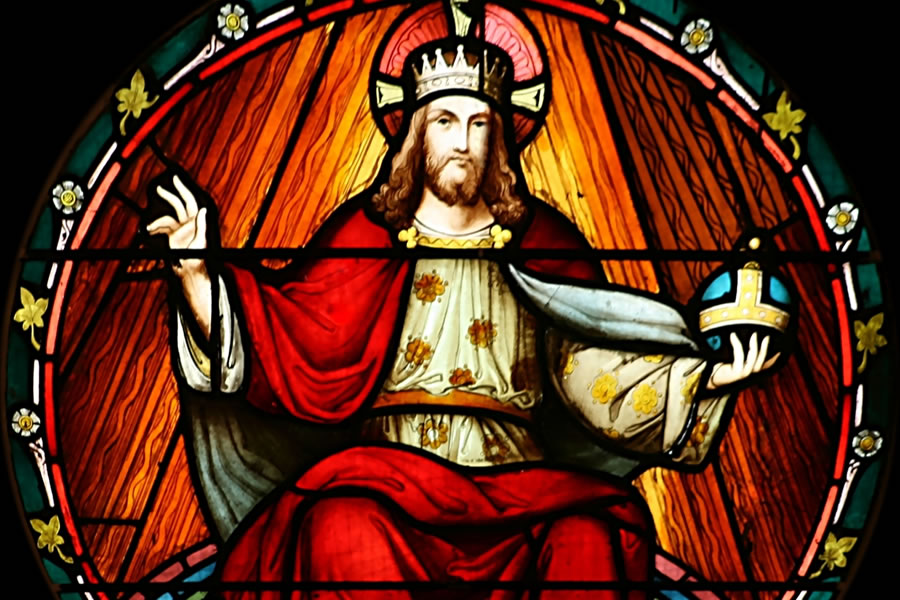
All authority comes from God
05-05-2019Pastoral ReflectionsFr. Brian F. ManningWe learn quite clearly in the bible that all authority comes from God. Only God ruled over Israel; human kings held sway only as God’s substitutes. We also know that too many of them forgot that they served God as the ultimate authority. Throughout his earthly ministry, Jesus often displayed a distinctive power and authority in all he said and did. In Matthew at the time of the farewell of Jesus scene, the risen Lord begins his instructions to his followers to “make disciples of all nations” by stating, “All power in heaven and on earth has been given to me.”
Our readings this weekend are replete with references to authority, divine and human, good and not so good. The first reading shows us how the Sanhedrin tended to be pragmatic and pretentious, somewhat self-serving and self-contradictory, as many governing groups are.
The selection from Acts gives us an idea of the apostles’ own exercise of authority and the responsibility that comes with that authority. The apostles are witnesses to the death and resurrection of Jesus. They are compelled to proclaim these saving events: “We must obey God rather than men!” The reading from Revelation exalts divine authority and all its attributes: “power and riches, wisdom and strength, honor and glory and blessing.” In the vision, the Lamb and ultimately the Holy One are gloriously praised by everyone and everything.
Our Gospel is a collection of changing scenes and changing colors, all showing the power and authority of the risen Lord. Within this marvelous display of Christ’s power and affection for his friends is the Lord’s own concept of authority. We come to realize that in his repeated questioning of Peter, Jesus is doing more than forgiving Peter for his previous triple denial. The Lord is, in fact, conferring authority on Peter. The risen Christ is saying that genuine authority is based on love and service. Certainly, no other kind will do in tending the flock of the Lord.
From sociologists we learn that there are two kinds of authority in the world today: functional and personal. Functional authority is authority that is built into particular roles or “functions.” Educators, for example, have authority. They get to give quizzes and homework and grades. By definition, functional authority works from the outside. It influences what other people do. It also clearly depends on having other people to have authority “over.”
Many people act as if functional authority were the only kind of authority. They spend a lot of time seeking to obtain it, or fighting and complaining against people who have it. There is, however, another kind of authority. It’s called personal authority, and it is different from functional authority. Personal authority is something that we all can have, even if others have functional authority over us. Personal authority is the power to choose and be responsible for our own feelings, behavior, needs, and dreams. Personal authority works from the inside. It shapes who we are and how we relate to others.
This is just the sort of authority Jesus had and just the sort of authority he urges on us. We are gifted with grace from God to become a follower of the Lord Jesus. If we internalize the message of Jesus Christ, then we will certainly be acting with personal authority as we live our life in Christ.
BACK TO LIST